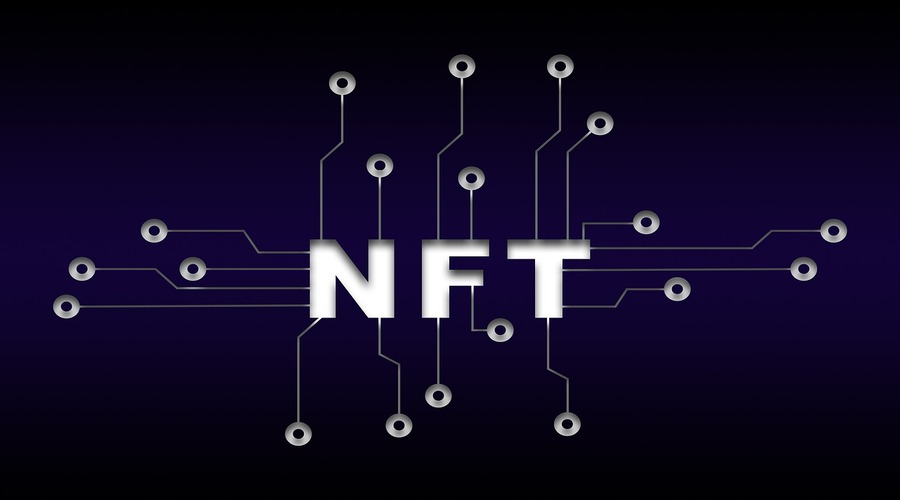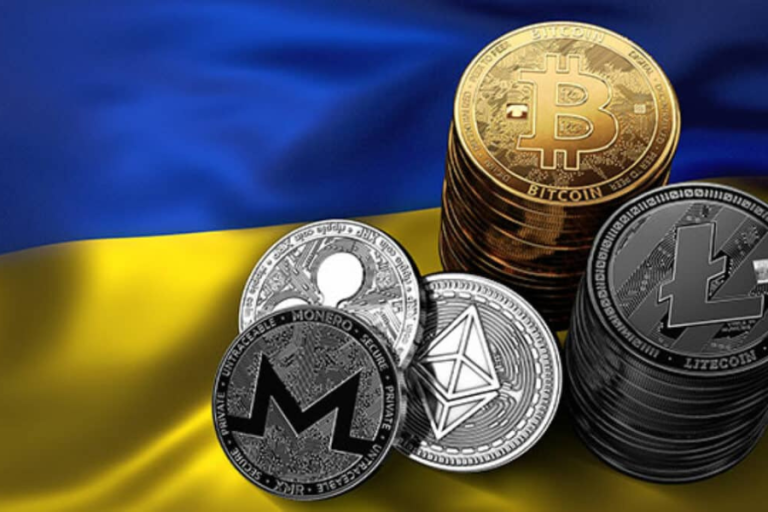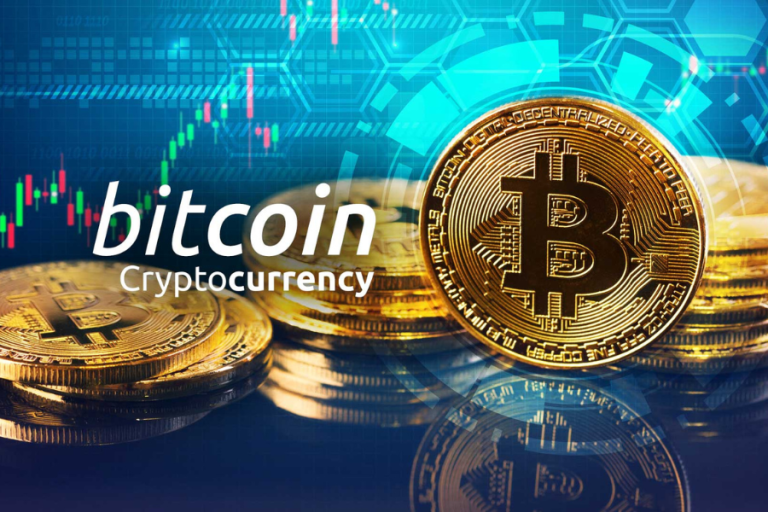
NFT Marketplaces for Scientific Content and Data
Introduction
Non-Fungible Tokens (NFTs) have not only transformed the art and collectibles market but also hold immense potential in the realm of scientific content and data. NFT marketplaces dedicated to scientific research provide a platform for researchers, institutions, and enthusiasts to tokenize, trade, and exchange valuable scientific content, datasets, and discoveries. This article explores the emergence of NFT marketplaces for scientific content and data, highlighting their benefits, challenges, and future implications.
The Rise of NFT Marketplaces
NFT marketplaces have gained significant popularity in recent years as a result of their ability to provide a decentralized platform for buying, selling, and trading unique digital assets. These marketplaces leverage blockchain technology to ensure the authenticity, ownership, and traceability of NFTs, revolutionizing the way we perceive ownership and value in the digital world.
The Potential of NFTs in Scientific Research
The application of NFTs in scientific research opens up a range of possibilities. Researchers can tokenize their valuable scientific content, data, and discoveries, transforming them into unique digital assets that can be bought, sold, and traded. This introduces a new paradigm for disseminating and monetizing scientific knowledge, while fostering collaboration and innovation within the scientific community.
Benefits of NFT Marketplaces for Scientific Content and Data
- Global Accessibility: NFT marketplaces provide a global platform for scientists, researchers, and institutions to share and access scientific content and data from anywhere in the world. This promotes collaboration and accelerates the dissemination of knowledge.
- Ownership and Attribution: By tokenizing scientific content and data, NFT marketplaces establish a clear chain of ownership and attribution. This ensures proper recognition for researchers and contributors and facilitates transparent citation practices.
- Monetization and Funding Opportunities: NFT marketplaces enable researchers to monetize their scientific content and data. Through token sales or licensing agreements, researchers can generate revenue to fund their ongoing research projects, creating sustainable funding models.
- Incentivizing Data Sharing: NFT marketplaces can incentivize data sharing by rewarding scientists who contribute valuable datasets to the marketplace. This encourages collaboration, accelerates research, and promotes open science principles.
Tokenizing Scientific Content and Data
Tokenizing scientific content and data involves converting them into unique NFTs. This process typically includes the following steps:
- Metadata Definition: Researchers define the metadata associated with the scientific content or data, including its description, origin, relevance, and any associated intellectual property rights.
- Token Creation: Using blockchain technology, researchers create the NFTs representing the scientific content or data. Each NFT contains a unique identifier and references the metadata associated with the asset.
- Listing on NFT Marketplaces: Researchers can list their NFTs on dedicated NFT marketplaces for scientific content and data. These marketplaces provide a platform for showcasing, trading, and exchanging scientific assets.
Challenges and Considerations
While NFT marketplaces for scientific content and data offer exciting opportunities, several challenges need to be addressed:
- Data Privacy and Security: Protecting the privacy and security of scientific data is paramount. Researchers must ensure that sensitive or proprietary information is appropriately safeguarded when tokenizing and trading scientific assets.
- Quality Control and Peer Review: Establishing mechanisms for quality control and peer review within NFT marketplaces is crucial. Robust evaluation processes are necessary to maintain the integrity and credibility of scientific content and data.
- Long-Term Accessibility: Ensuring the long-term accessibility of scientific content and data on NFT marketplaces is essential. Measures should be implemented to guarantee that assets remain accessible even if marketplaces evolve or individual projects cease to exist.
Prominent NFT Marketplaces for Scientific Research
Several NFT marketplaces are emerging to cater specifically to scientific content and data. These platforms provide dedicated spaces for researchers to tokenize, trade, and explore scientific assets. Some prominent examples include:
- SciNFT: SciNFT is a specialized marketplace for scientific NFTs, offering a range of scientific content, data, and discoveries for researchers and enthusiasts.
- LabToken: LabToken focuses on tokenizing laboratory equipment, enabling researchers to trade or lease scientific instruments, optimizing resource utilization, and facilitating collaboration.
Future Outlook and Possibilities
The future of NFT marketplaces for scientific content and data is promising. As technology evolves, we can envision increased interoperability between different marketplaces, enhanced integration with data repositories and scientific journals, and the development of novel ways to monetize and reward scientific contributions.
Leveraging NFT Marketplaces for Collaborative Research
NFT marketplaces can facilitate collaborative research efforts by providing a platform for scientists to connect, share resources, and collaborate on scientific projects. Here’s how NFT marketplaces can foster collaboration:
- Resource Sharing: Researchers can tokenize and trade resources such as datasets, software tools, laboratory equipment, or research facilities on NFT marketplaces. This allows scientists to access specialized resources that may be otherwise unavailable to them, enhancing their research capabilities.
- Collaborative Projects: NFT marketplaces can serve as a hub for scientists to propose and collaborate on interdisciplinary research projects. By leveraging the expertise of multiple researchers, interdisciplinary collaborations can lead to innovative scientific breakthroughs.
- Knowledge Exchange: NFT marketplaces provide a platform for scientists to share their findings, methodologies, and insights. Researchers can tokenize their scientific knowledge and offer it for sale or trade, enabling others to benefit from their expertise and contributing to the collective advancement of scientific knowledge.
Intellectual Property and Licensing Considerations

When utilizing NFT marketplaces for scientific content and data, it is crucial to address intellectual property (IP) and licensing considerations. Here are key aspects to consider:
- IP Rights Management: Researchers must define the IP rights associated with their scientific content and data when tokenizing them as NFTs. This includes determining the scope of ownership, licensing terms, and any restrictions on usage or commercialization.
- Licensing Models: NFT marketplaces can support various licensing models for scientific assets, including open access, Creative Commons licenses, or proprietary licenses. Researchers can choose the licensing model that aligns with their objectives and the principles of open science.
- Smart Contracts for Licensing: Smart contracts can be integrated into NFT marketplaces to automate licensing agreements and ensure compliance with the defined IP rights. Smart contracts enable transparent and enforceable licensing terms, providing clarity and protection for both content creators and users.
The Role of Tokenized Peer Review in NFT Marketplaces
Tokenized peer review can enhance the quality and transparency of scientific content and data available on NFT marketplaces. Here’s how it can work:
- Tokenized Review Process: Researchers can tokenize the peer review process itself, creating NFTs that represent reviews or evaluations of scientific assets. These tokens can be associated with specific NFTs representing scientific content or data, providing an immutable record of the review process.
- Transparency and Credibility: Tokenized peer reviews on NFT marketplaces contribute to transparency and credibility. Users can assess the quality and reliability of scientific assets by reviewing the associated peer evaluations, making informed decisions about purchasing or utilizing the content.
- Rewards for Reviewers: Tokenized peer review can incentivize reviewers by offering rewards in the form of NFTs or other incentives. This encourages active participation in the review process, ensures a diverse range of expert opinions, and enhances the quality of reviews.
NFT Marketplaces and Scientific Education
NFT marketplaces can play a significant role in scientific education by providing access to educational resources, virtual simulations, and interactive learning experiences. Here’s how NFT marketplaces can contribute to scientific education:
- Educational Content NFTs: Researchers and educators can tokenize educational content such as lectures, tutorials, or interactive modules as NFTs. Students can access and acquire these NFTs, gaining valuable educational resources that enhance their scientific knowledge and understanding.
- Virtual Laboratory Simulations: NFT marketplaces can offer virtual laboratory simulations as NFTs, allowing students to engage in realistic laboratory experiences remotely. These simulations provide hands-on learning opportunities, fostering practical skills and scientific experimentation.
- Interactive Science Experiences: NFT marketplaces can feature interactive science experiences, such as virtual reality (VR) or augmented reality (AR) applications. Students can acquire NFTs that provide immersive learning experiences, exploring scientific concepts in engaging and interactive ways.
Verifiability and Reproducibility in Scientific Research
NFT marketplaces can contribute to the verifiability and reproducibility of scientific research by ensuring the transparency and traceability of scientific assets. Here’s how NFT marketplaces promote verifiability and reproducibility:
- Immutable Records: NFTs stored on the blockchain provide an immutable record of scientific assets, including data, methodologies, and findings. This allows researchers and reviewers to verify the authenticity and integrity of the research, ensuring reproducibility.
- Data Provenance and Traceability: NFT marketplaces can tokenize scientific datasets, ensuring that their origin, collection methods, and any modifications are recorded. This enhances data provenance and enables other researchers to trace the lineage of the data, promoting transparency and reproducibility.
- Open Access to Research Findings: Researchers can tokenize their scientific publications or preprints as NFTs, granting open access to their findings. This facilitates the replication and verification of research, encouraging scientific progress through reproducibility.
Conclusion
NFT marketplaces dedicated to scientific content and data provide a novel and transformative approach to sharing, monetizing, and collaborating on scientific assets. By tokenizing scientific content and data, researchers can unlock new funding opportunities, facilitate global collaboration, and establish transparent ownership and attribution. While challenges exist, the potential for NFT marketplaces in advancing scientific research and knowledge dissemination is vast.


